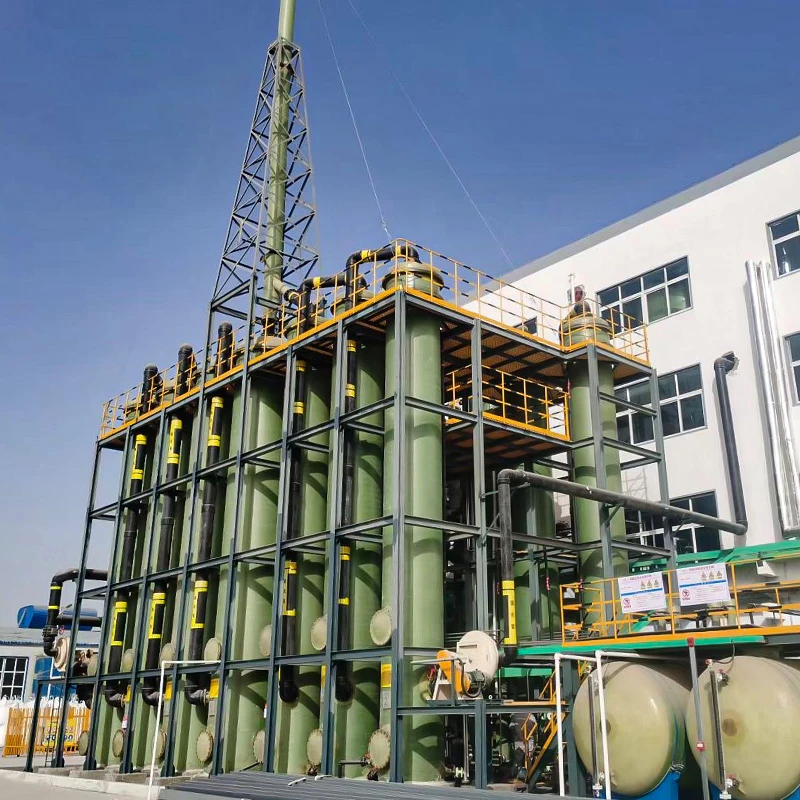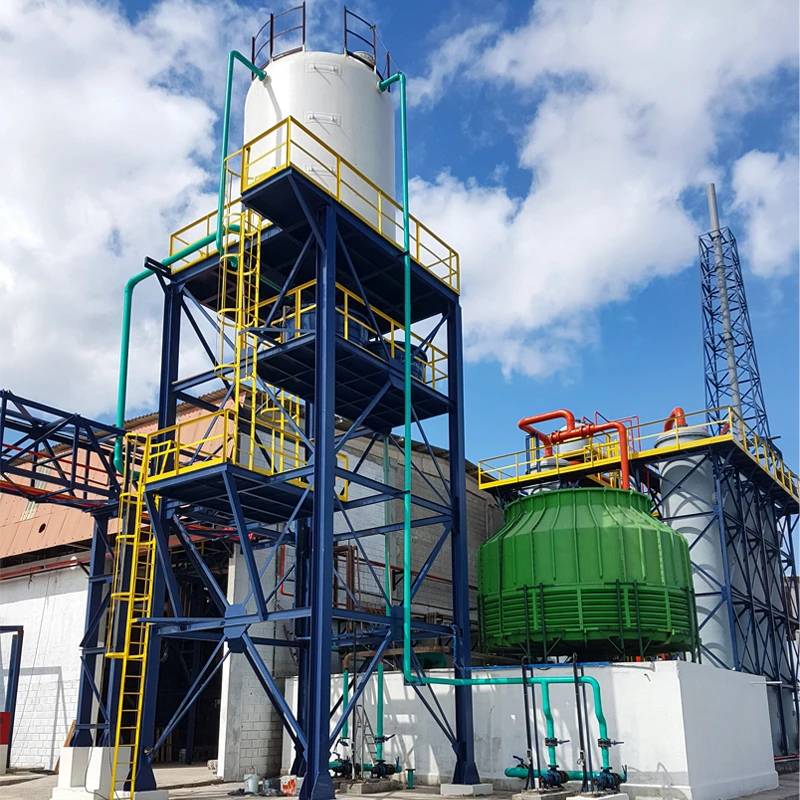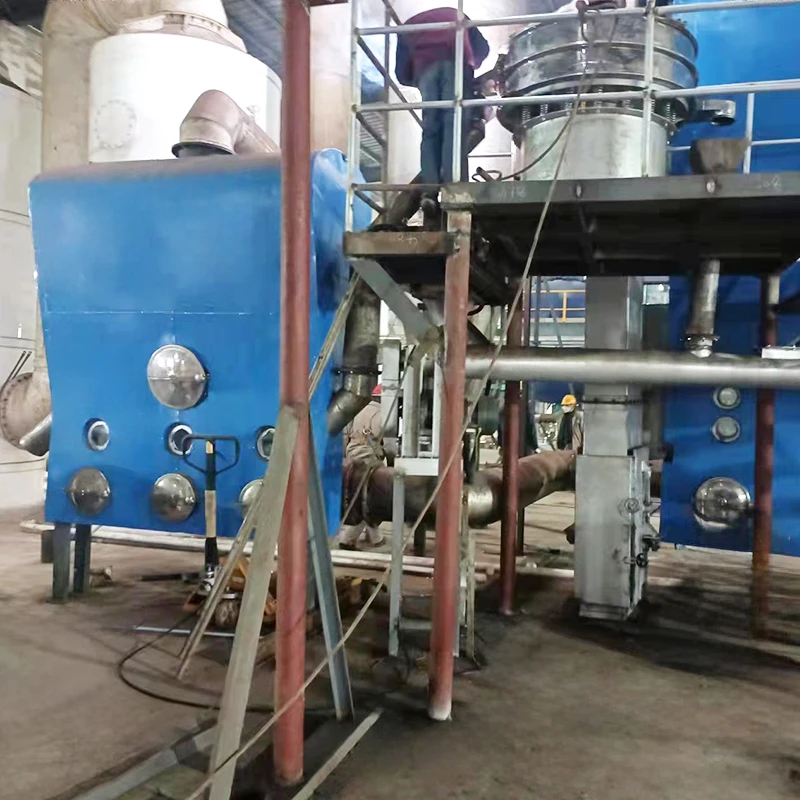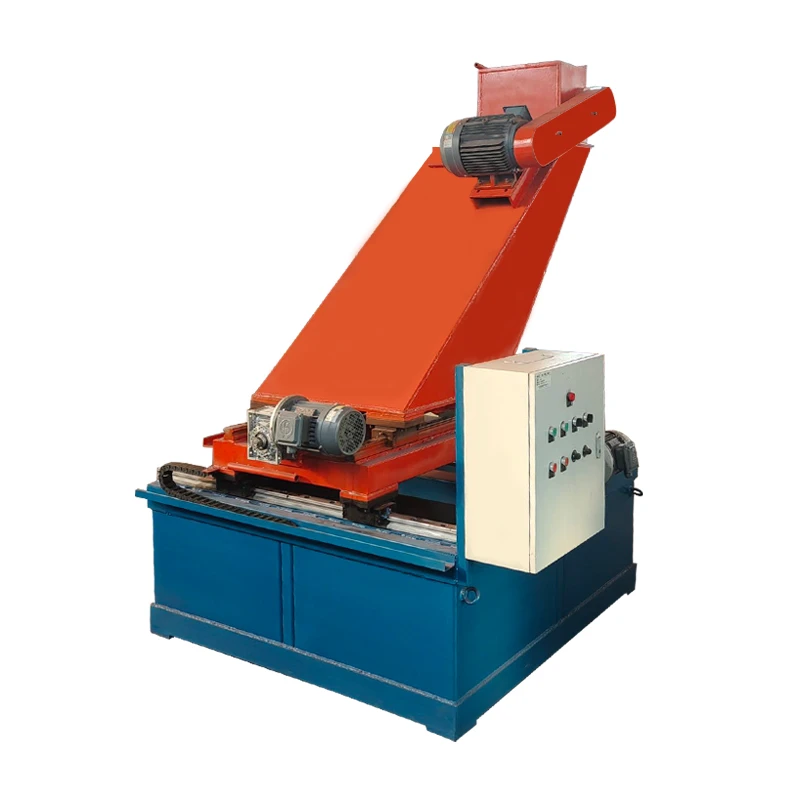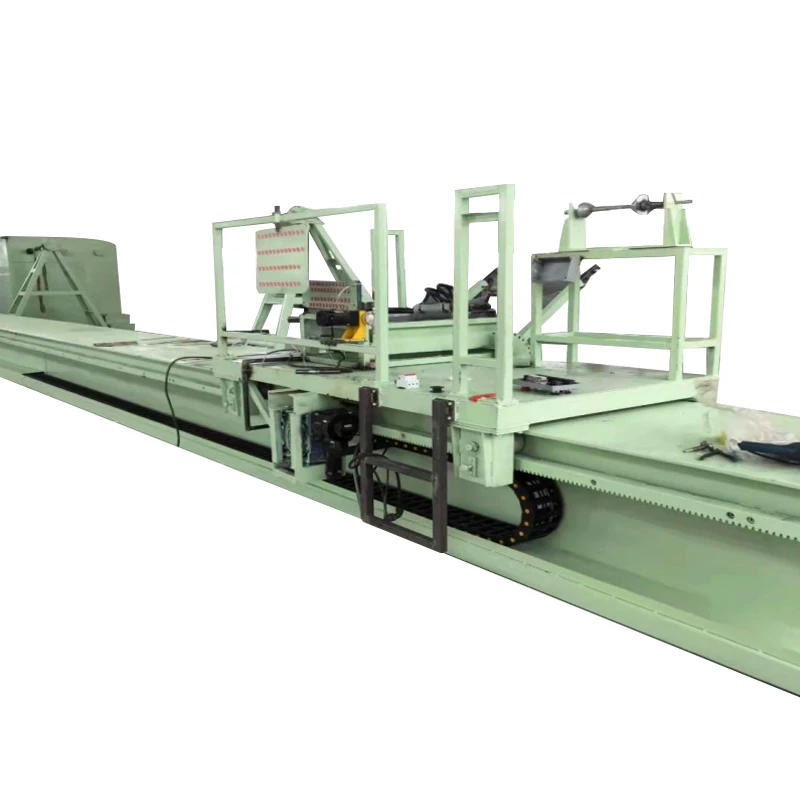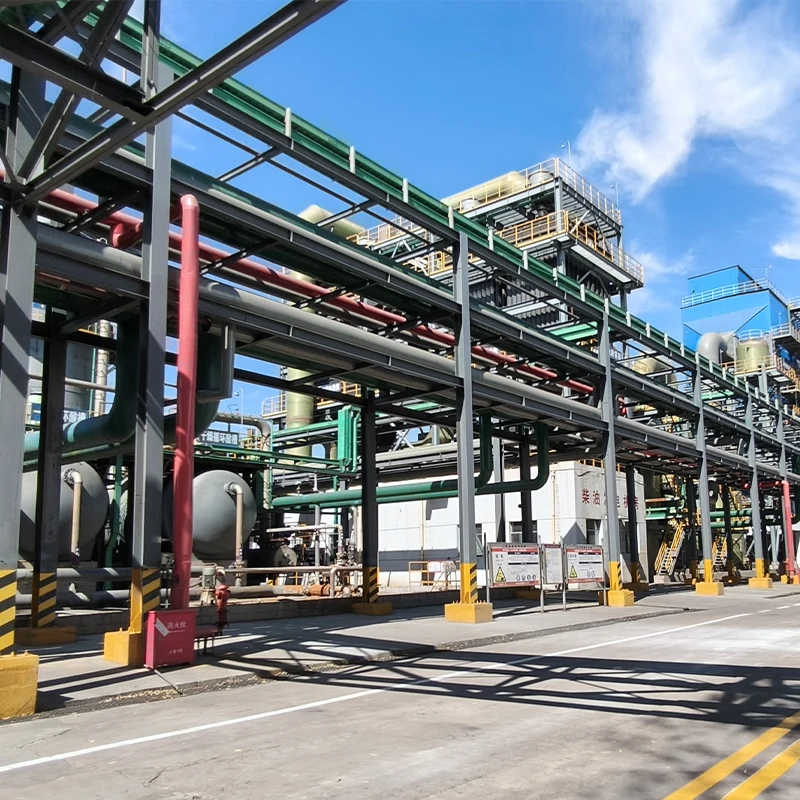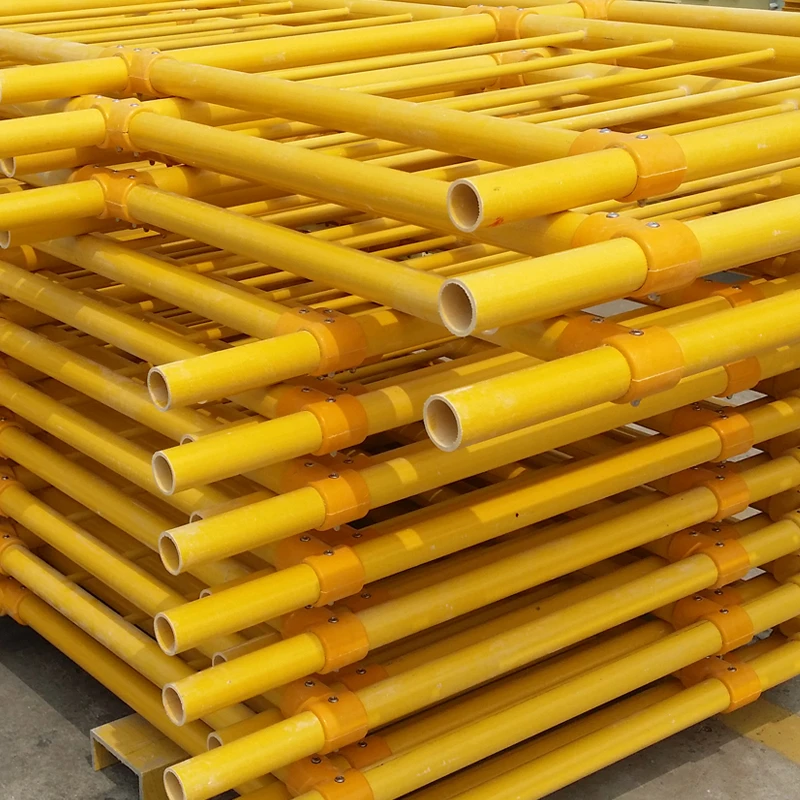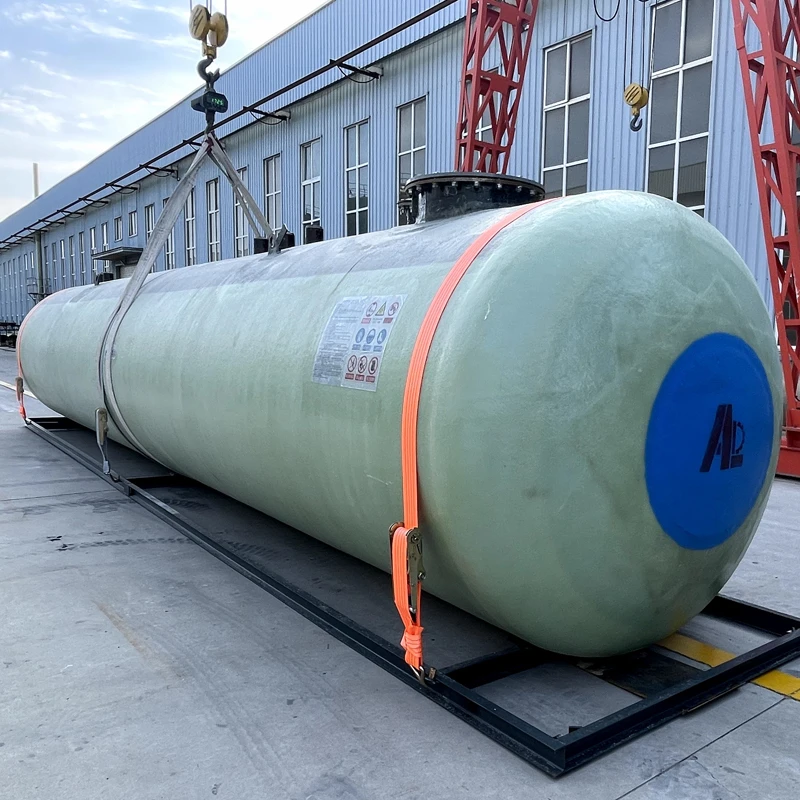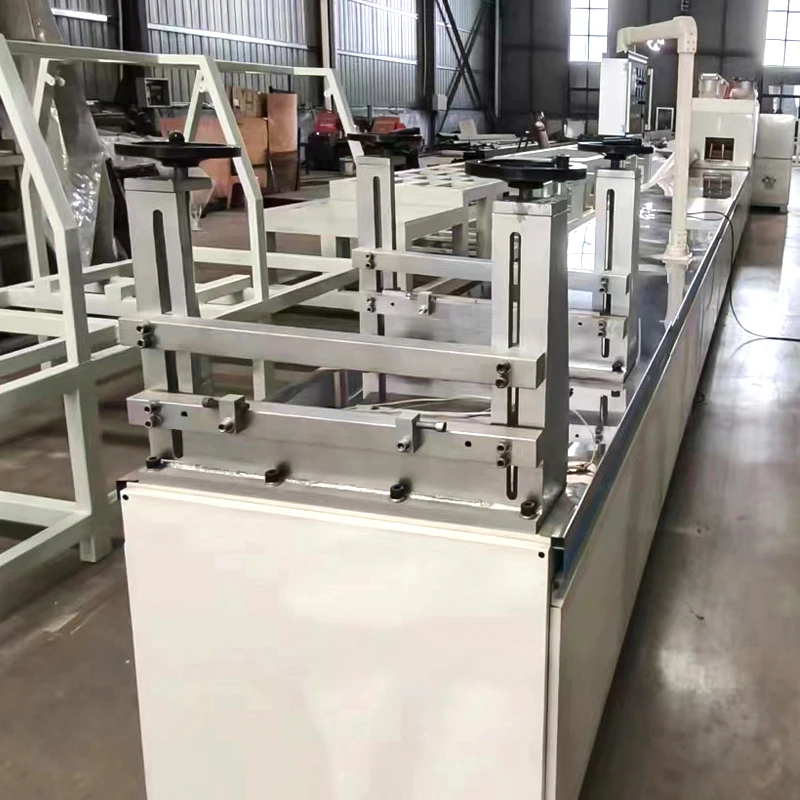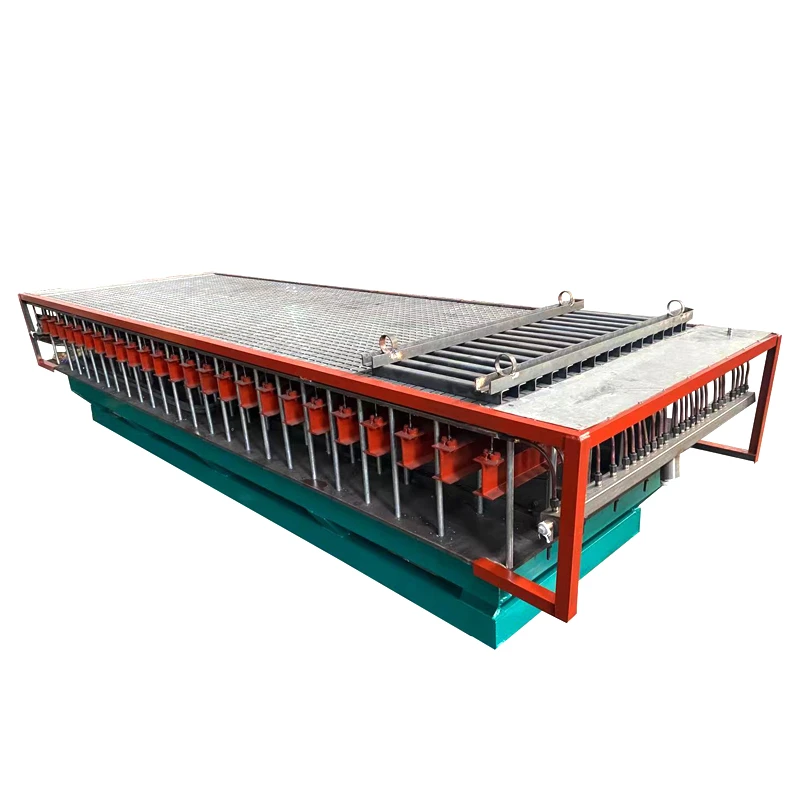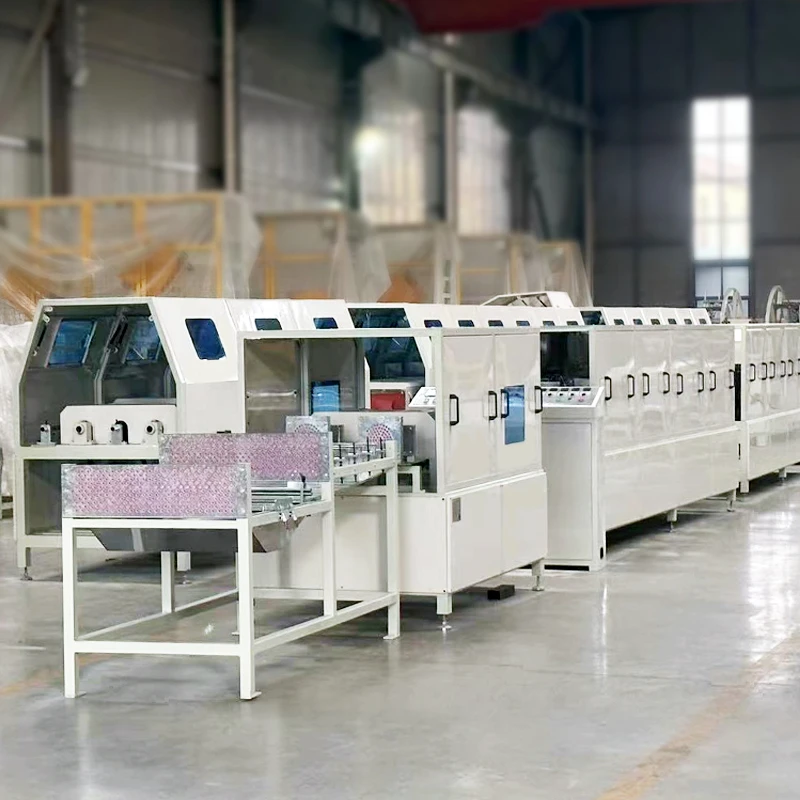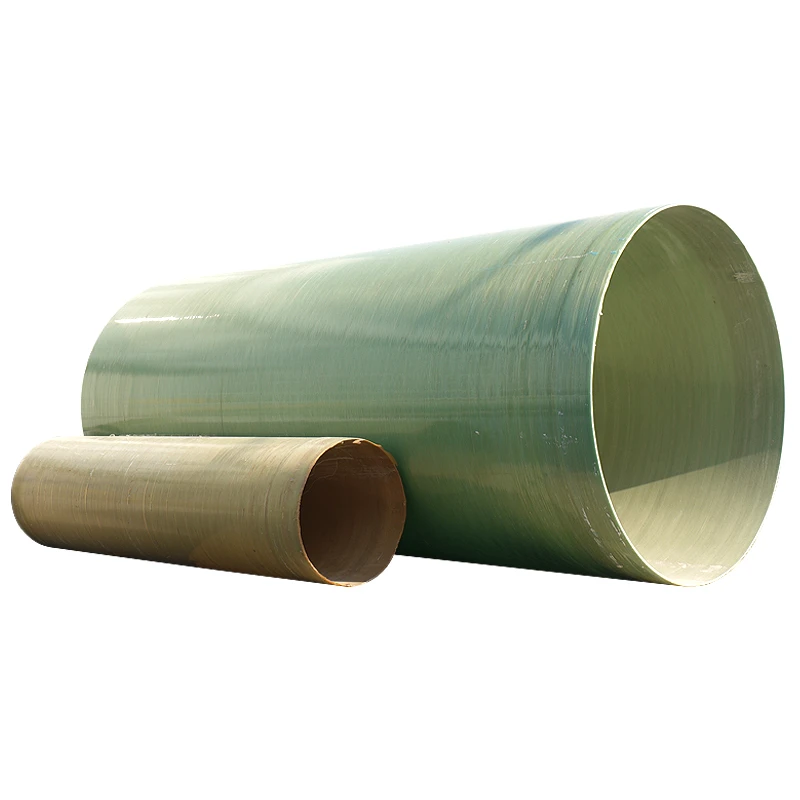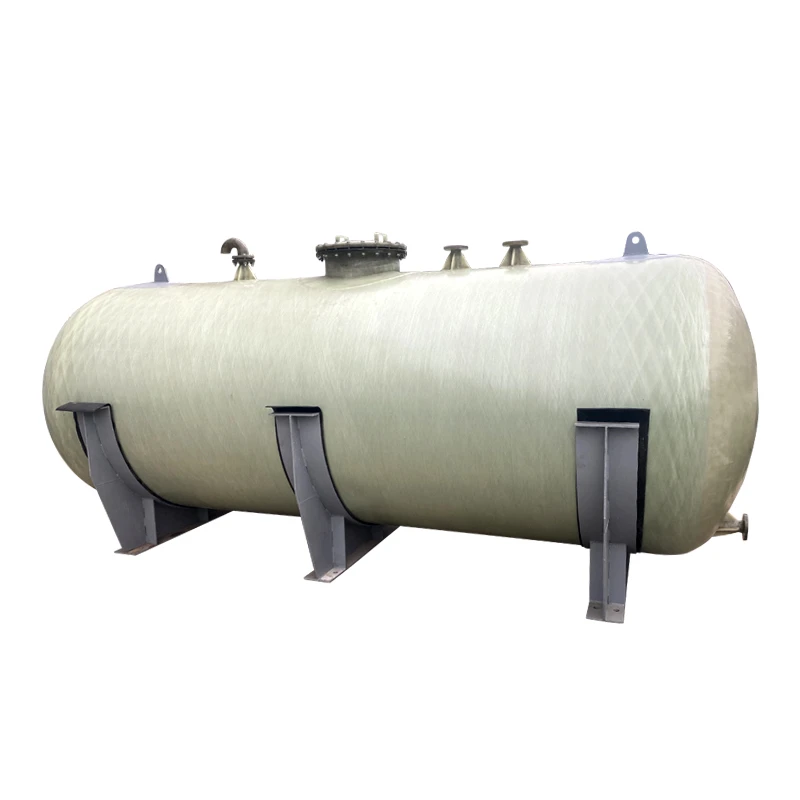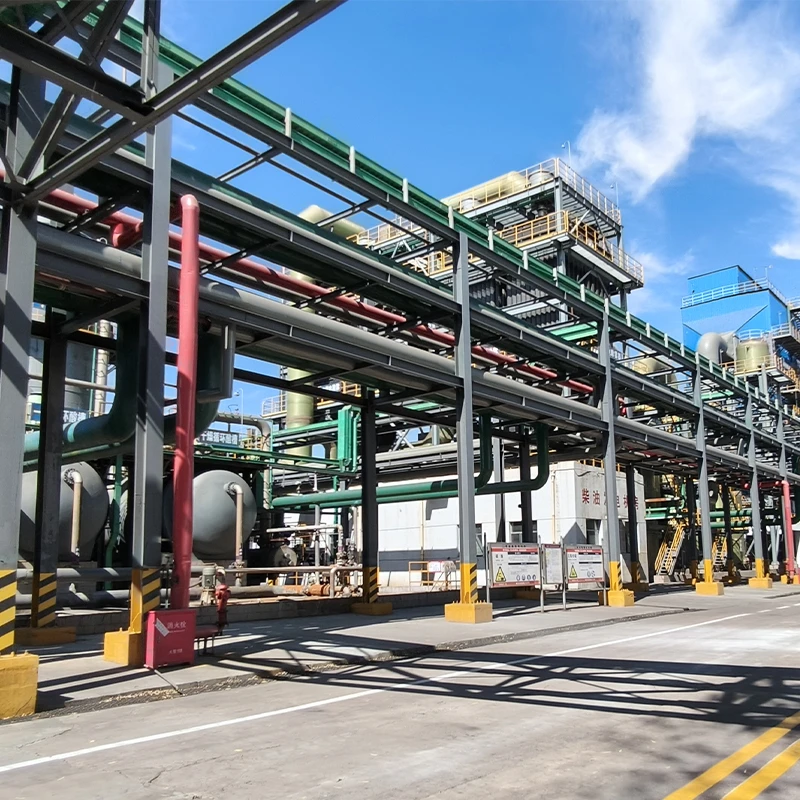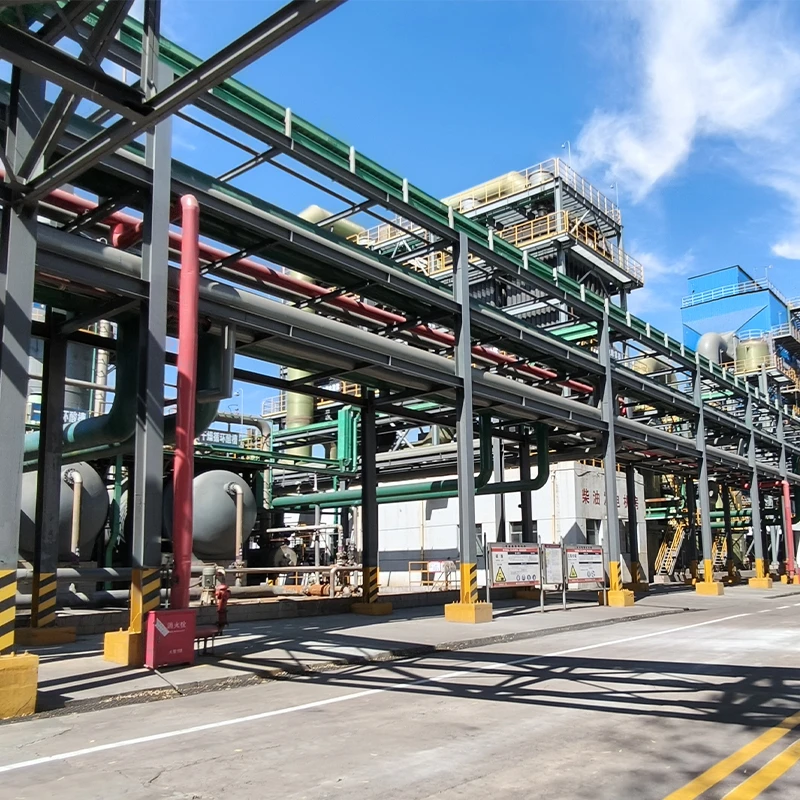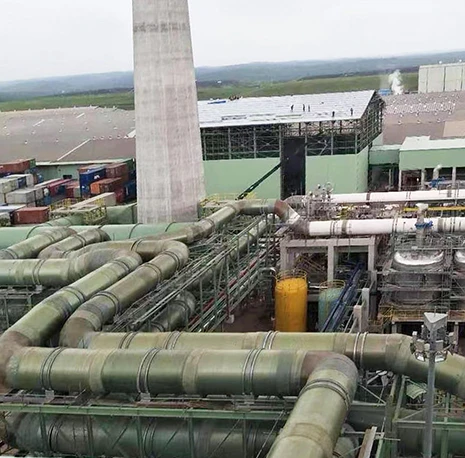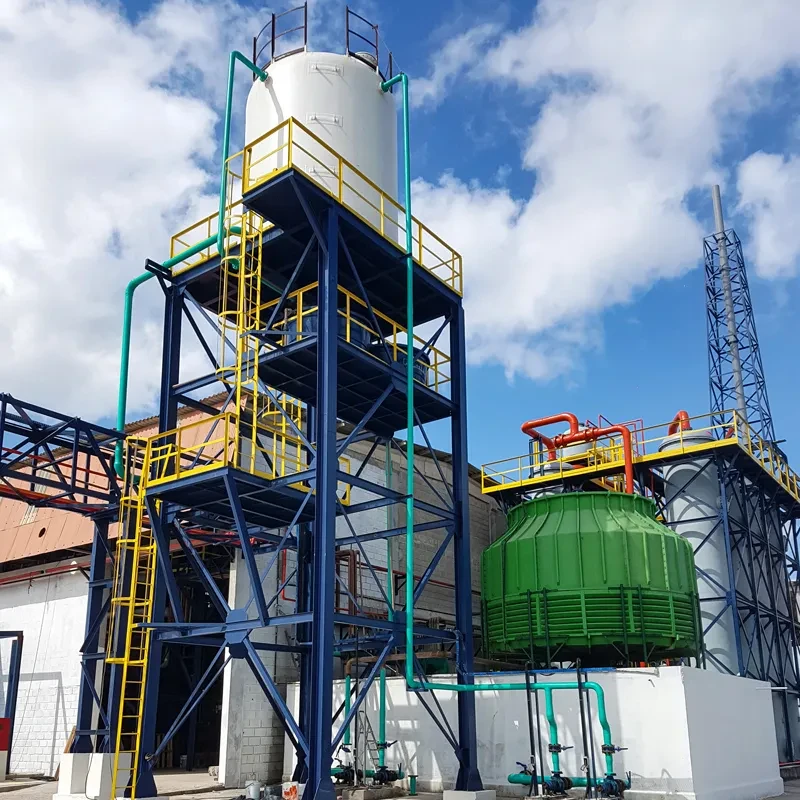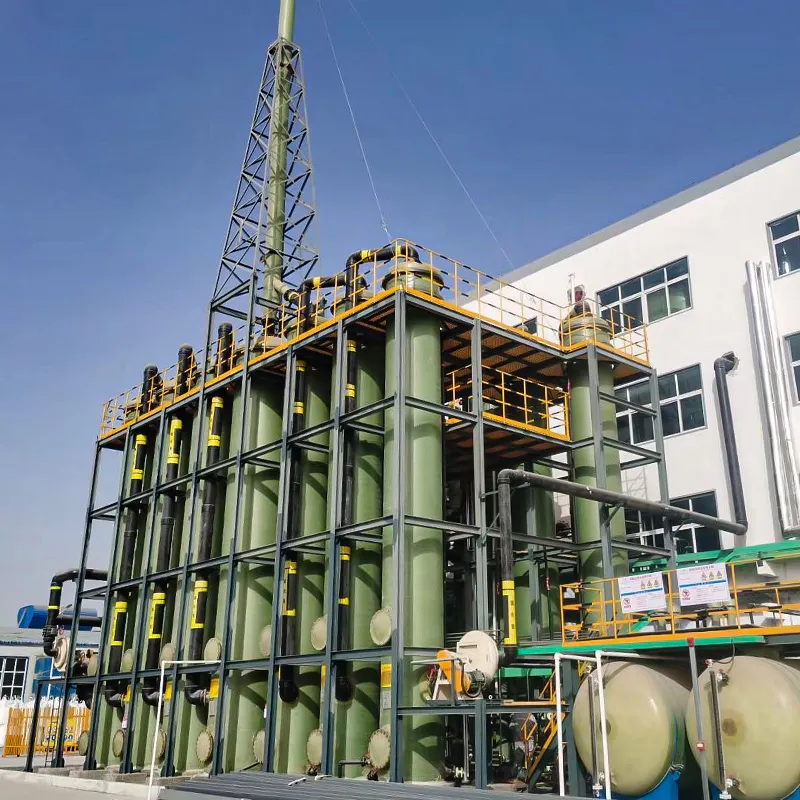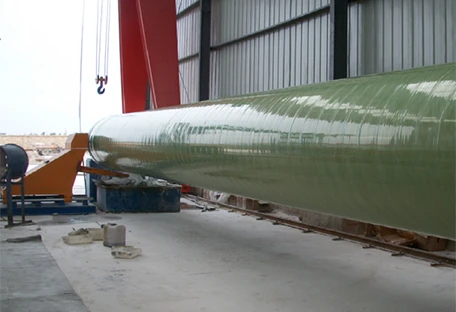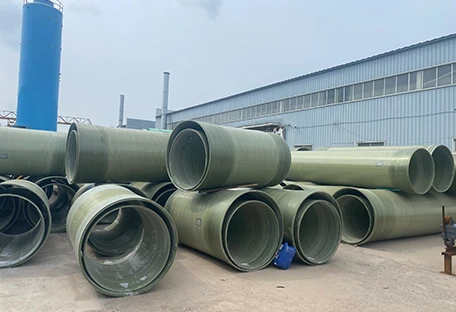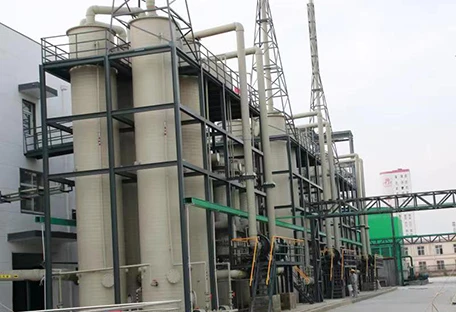FRP Filament Winding Machine: Important equipment for composite material forming
Fiber winding technology, as an efficient and economical composite material forming method, has broad application prospects in aerospace, chemical, pressure vessel and other fields. FRP Filament Winding Machine, As the core equipment for implementing this technology, its performance directly affects the quality and production efficiency of the final product. This article will provide a brief overview of the working principle, main components, and development trends of FRP Filament Winding Machine.
Basic principles of fiber winding forming technology
The basic principle of fiber winding technology is to wrap continuous fibers impregnated with resin onto a rotating core mold according to a predetermined pattern, layer by layer, and cure to form composite material products with specific strength and stiffness. The FRP winding machine is the key equipment for performing this winding process. Its main function is to accurately place the fibers on the surface of the core mold, control the winding angle and tension, and ultimately ensure that the performance of the moulded product meets the design requirements.
A typical FRP Filament Winding Machine is mainly composed of the following parts
Control system, fiber conveying and tension control system, rotating mechanism, motion control system, and core mold support system. The control system is the brain of the entire filament winding machine, responsible for coordinating the actions of various parts and making real-time adjustments based on the set winding process parameters. The fiber conveying and tension control system ensures that the fibers can be smoothly conveyed to the surface of the core mold with a constant tension, avoiding problems such as relaxation or breakage during the winding process. The rotating mechanism is responsible for driving the core mold to rotate, while the motion control system controls the movement trajectory of the fiber head in three-dimensional space, achieving the design of different winding angles and patterns. The core mold support system provides stable support for the core mold, preventing deformation during the winding process.
With the continuous expansion of composite material applications, the performance requirements for FRP Filament Winding Machines are also increasing
The improvement of automation level: In order to improve production efficiency and reduce labor costs, technologies such as automation control, online detection, and fault diagnosis are widely used in film winders.
The improvement of intelligence level: Based on artificial intelligence and big data analysis, CNC filament winding machine can optimize process parameters and adaptively control the winding process, thereby improving product quality and consistency.
The application of multi-axis linkage control: In order to meet the forming requirements of complex structural composite material products, multi-axis linkage control technology has been widely used in filament winder which can achieve more complex winding trajectory and pattern design.
The integration of new materials and processes: for example, combining thermoplastic fiber winding technology, in-situ curing technology, etc. with FRP Filament Winding Machine can achieve more efficient and environmentally friendly composite material molding.
In short, FRP Filament Winding Machine, as an important equipment for composite material forming, is constantly developing and improving. With the advancement of technology, future FRP Filament Winding Machines will become more intelligent, automated, and efficient, providing stronger technical support for the expansion of composite material applications.
FRP Filament Winding Machine FAQs
What is FRP Filament Winding Machine?
Answer:
FRP(Fiber Reinforced Plastic)FRP Filament Winding Machine It is an automated equipment used for manufacturing high-strength composite material pipes, storage tanks, pressure vessels, and other products. By winding continuous fibers (such as glass fibers and carbon fibers) impregnated with resin at a specific angle onto a rotating core mold, a lightweight and high-strength composite material product is formed after curing.
Core process:
Fiber impregnation → precision winding → curing and demolding → post-treatment.
What are the core components of FRP Filament Winding Machine?
Answer: It is mainly divided into the following modules:
Core mold system: a rotatable mold (metal/composite material) that determines the inner diameter and shape of the product;
Fiber conveying system: yarn frame, tension controller, resin impregnation tank;
Winding head: a mechanical arm that controls fiber arrangement (2-6 axis linkage);
Control system: Program and set parameters such as winding angle (± 15 ° -90 °), number of layers, speed, etc;
Curing device: Heating furnace or ultraviolet curing equipment.
What are the advantages and limitations of the FRP Filament Winding Machine process?
Advantages:
High strength to weight ratio: Fiber oriented arrangement can optimize mechanical properties (such as circumferential/axial strength);
Low cost mass production: high degree of automation, suitable for large-scale production (such as pipelines and gas cylinders);
Flexible design: can customize complex shapes (such as conical and eccentric structures).
limitations:
Only applicable to axisymmetric rotating body products;
High initial equipment investment (especially for multi axis precision models);
Strict requirements are placed on the resin curing process.
What are the main application areas of FRP Filament Winding Machine?
Answer:
Aerospace: rocket engine casing, fuel storage tanks;
Energy: natural gas/hydrogen high-pressure gas cylinders, wind turbine blade support pipes;
Chemical industry: corrosion-resistant storage tanks and pipelines;
Automobile: Lightweight transmission shaft, CNG cylinder;
Infrastructure: Electric poles, bridge reinforcement sleeves.
How can FRP Filament Winding Machine achieve winding at different angles?
Answer: By controlling the ratio of the rotation speed of the core mold to the translation speed of the winding head (i.e. "winding angle"), common modes include:
Circumferential wrapping (near 90 °): enhances radial strength (such as pressure vessels);
Spiral winding (15 ° -75 °): balancing axial and circumferential performance;
Flat wrapping (extremely low angle): used for special load requirements.

